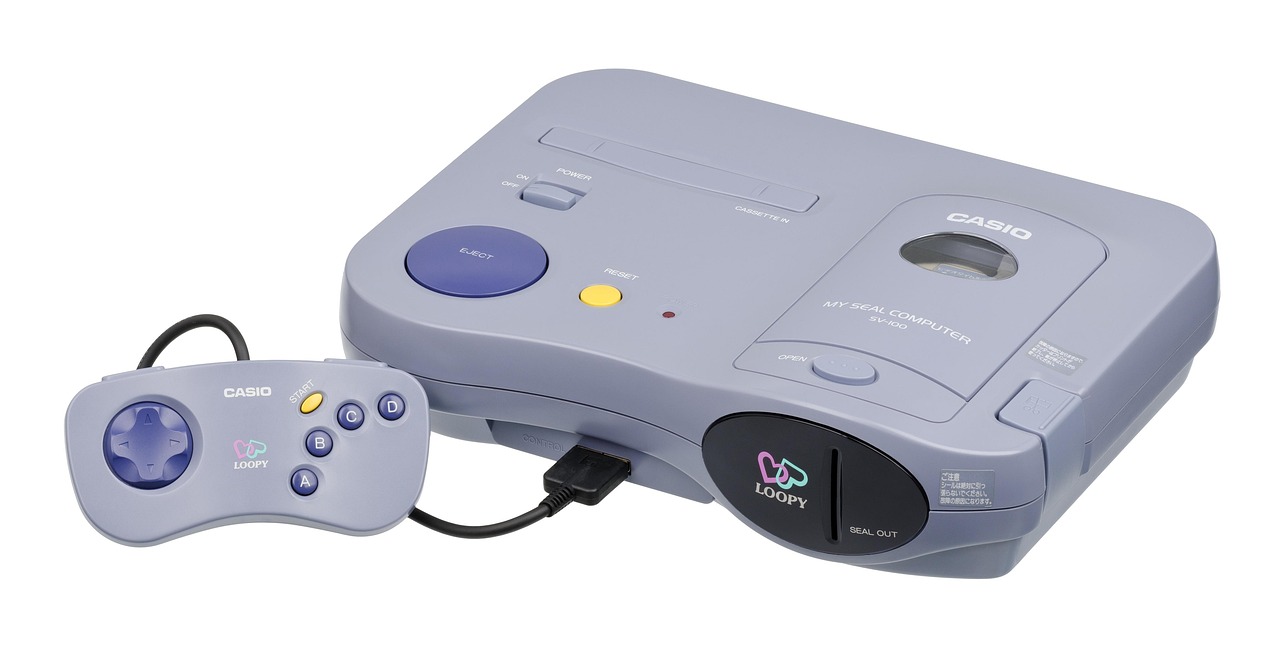Unlocking your child’s cognitive potential doesn’t require expensive tutors or endless hours of rote learning. Engaging brain games, cleverly disguised as fun activities, are a powerful tool to stimulate critical thinking, enhance memory, and boost problem-solving skills. These games are not just about entertainment; they’re about building a strong foundation for lifelong learning and success. Let’s explore the exciting world of kids’ brain games and how you can incorporate them into your child’s daily routine.
The Cognitive Benefits of Brain Games for Kids
Sharpening Critical Thinking Skills
Critical thinking is the ability to analyze information objectively and make reasoned judgments. Brain games can significantly contribute to this skill by presenting challenges that require kids to think outside the box and find creative solutions.
- Example: A simple riddle like “What has an eye, but cannot see?” (A needle) forces children to consider different meanings of words and think metaphorically.
- Benefits:
Improved analytical skills
Enhanced problem-solving abilities
Increased creativity
Better decision-making skills
According to a study published in the “Journal of Educational Psychology,” students who regularly participate in brain-training activities show significant improvements in critical thinking scores compared to those who don’t.
Boosting Memory and Attention Span
In today’s fast-paced world, maintaining focus and remembering information is crucial. Brain games play a vital role in strengthening memory and extending attention span.
- Example: Memory matching games, where kids need to find pairs of identical cards, directly improve short-term memory.
- Tips:
Start with simple memory games and gradually increase the complexity.
Encourage kids to verbalize their strategies to enhance memory consolidation.
Break down tasks into smaller, manageable chunks to improve focus.
- Benefits:
Improved short-term and long-term memory
Increased attention span and focus
Better concentration skills
Enhanced learning abilities
Enhancing Problem-Solving Abilities
Problem-solving is a fundamental skill that’s essential in all aspects of life. Brain games provide a safe and engaging environment for kids to practice and develop their problem-solving skills.
- Example: Jigsaw puzzles require kids to analyze shapes, identify patterns, and strategize to fit the pieces together, thereby improving their problem-solving abilities.
- Practical Application: Incorporate logic puzzles and Sudoku for kids into their routine. These games challenge them to think systematically and deduce solutions based on given information.
- Benefits:
Improved logical reasoning skills
Increased ability to analyze and solve problems
Enhanced decision-making abilities
Greater resilience in the face of challenges
Types of Brain Games for Kids
Logic Puzzles and Riddles
Logic puzzles and riddles are excellent for stimulating critical thinking and problem-solving skills. They encourage kids to think creatively and outside the box.
- Examples:
“I have cities, but no houses, forests, but no trees, and water, but no fish. What am I?” (A map)
“What is full of holes but still holds water?” (A sponge)
- How to Incorporate:
Include a riddle or puzzle during family game night.
Use logic puzzles as a warm-up activity before homework.
Create a puzzle book with varying difficulty levels.
Memory Games
Memory games are simple yet effective for improving short-term and long-term memory. They help kids develop concentration and focus.
- Examples:
Matching pairs of cards with identical images.
“Simon Says” – following a sequence of commands.
Reciting a list of items in order after a brief viewing.
- Benefits:
Improved visual memory
Enhanced concentration skills
Increased attention span
Spatial Reasoning Games
Spatial reasoning games help kids develop their ability to visualize and manipulate objects in their minds. These games are crucial for understanding geometry, architecture, and design.
- Examples:
Tangrams – creating shapes with geometric pieces.
Building blocks – constructing structures from individual blocks.
Mazes – navigating through complex paths to reach a destination.
- Benefits:
Enhanced spatial awareness
Improved problem-solving skills
Increased creativity
Word Games
Word games not only improve vocabulary and language skills but also enhance cognitive abilities such as memory and attention.
- Examples:
Scrabble Junior – a simplified version of Scrabble for kids.
Boggle – finding words in a grid of letters.
Hangman – guessing a word letter by letter.
- Benefits:
Expanded vocabulary
Improved spelling and grammar
Enhanced communication skills
Age-Appropriate Brain Game Suggestions
Preschoolers (Ages 3-5)
At this age, focus on simple games that develop basic cognitive skills and motor coordination.
- Games:
Shape sorters
Simple puzzles (4-12 pieces)
Color matching games
“I Spy” – identifying objects based on descriptions
- Focus: Hand-eye coordination, basic shapes and colors, simple problem-solving.
Elementary School Kids (Ages 6-12)
This age group can handle more complex games that challenge their critical thinking and problem-solving abilities.
- Games:
Sudoku for kids
Logic puzzles
Jigsaw puzzles (100-500 pieces)
Memory matching games
Board games like chess or checkers
- Focus: Critical thinking, problem-solving, memory, strategic thinking.
Teenagers (Ages 13-18)
Teenagers can engage in advanced brain games that enhance their cognitive skills and prepare them for higher education and careers.
- Games:
Advanced logic puzzles
Strategy board games (e.g., Catan, Ticket to Ride)
Brain-training apps (e.g., Lumosity, Elevate)
Cryptograms and crosswords
- Focus: Advanced problem-solving, critical thinking, strategic planning, cognitive flexibility.
Incorporating Brain Games into Daily Routines
Make it a Family Affair
Turn brain games into a fun family activity. Schedule regular game nights where everyone participates.
- Tips:
Choose games that are age-appropriate for all family members.
Rotate game selection to keep things interesting.
Offer small rewards or incentives to encourage participation.
Integrate into Learning
Use brain games to supplement academic learning. For example, use word games to enhance vocabulary or logic puzzles to improve math skills.
- Examples:
Use online brain game platforms as a supplement to homework.
Incorporate math-based puzzles and quizzes.
Play geography-based games to learn about different countries and cultures.
Utilize Downtime Effectively
Turn idle moments into brain-boosting opportunities. Keep a collection of brain games handy for travel, waiting rooms, or other downtime situations.
- Suggestions:
Carry a small puzzle book or travel-sized board game.
Download brain-training apps on smartphones or tablets.
Engage in mental math exercises or memory games during car rides.
Choosing the Right Brain Games
Consider Age and Skill Level
Selecting age-appropriate and skill-level-appropriate games is crucial for maximizing their effectiveness. Games that are too easy may not provide enough challenge, while those that are too difficult can be frustrating and discouraging.
Look for Games that are Engaging and Fun
The key to successful brain training is to make it enjoyable. Choose games that align with your child’s interests and preferences.
Variety is Key
To prevent boredom and ensure comprehensive cognitive development, incorporate a variety of different types of brain games into your child’s routine. This will challenge different areas of their brain and keep them engaged.
Conclusion
Kids’ brain games are not just a source of entertainment; they’re a powerful tool for enhancing cognitive skills and fostering a lifelong love of learning. By incorporating these games into your child’s daily routine, you can help them develop critical thinking, memory, problem-solving, and spatial reasoning skills, setting them up for success in school and beyond. So, embrace the fun and watch your child’s cognitive abilities soar!



